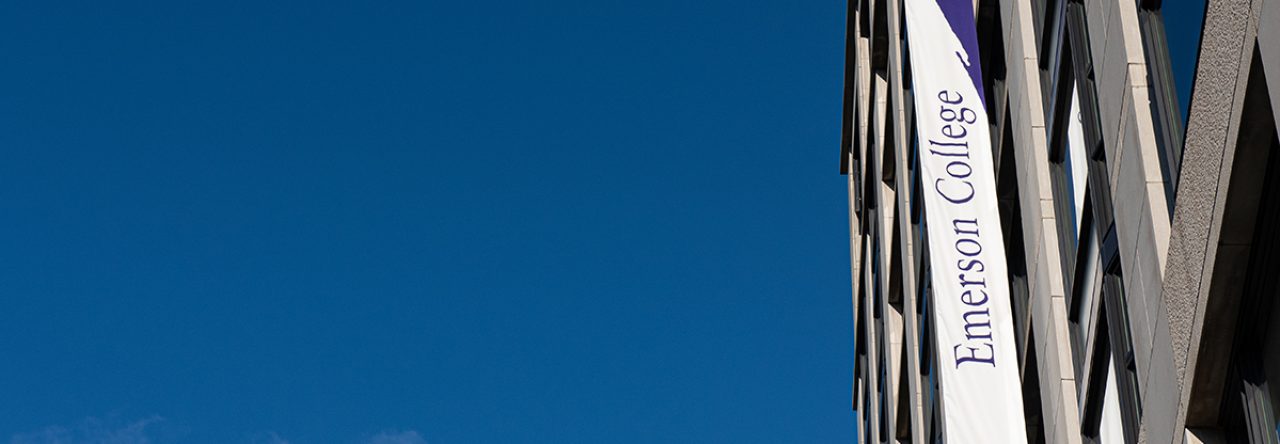Call for Proposals: Norman and Irma Mann Stearns Distinguished Faculty Award – Pre-Approval due March 21; Applications due April 4
Description Several years ago, the late Dr. Norman Stearns and Irma Mann Stearns ’67 established a distinguished faculty award in their name to honor a full-time tenured or tenure-track faculty member in recognition of outstanding scholarly or…
